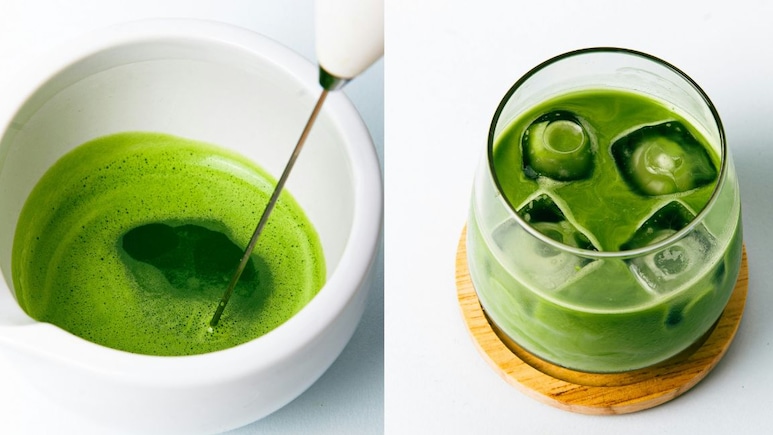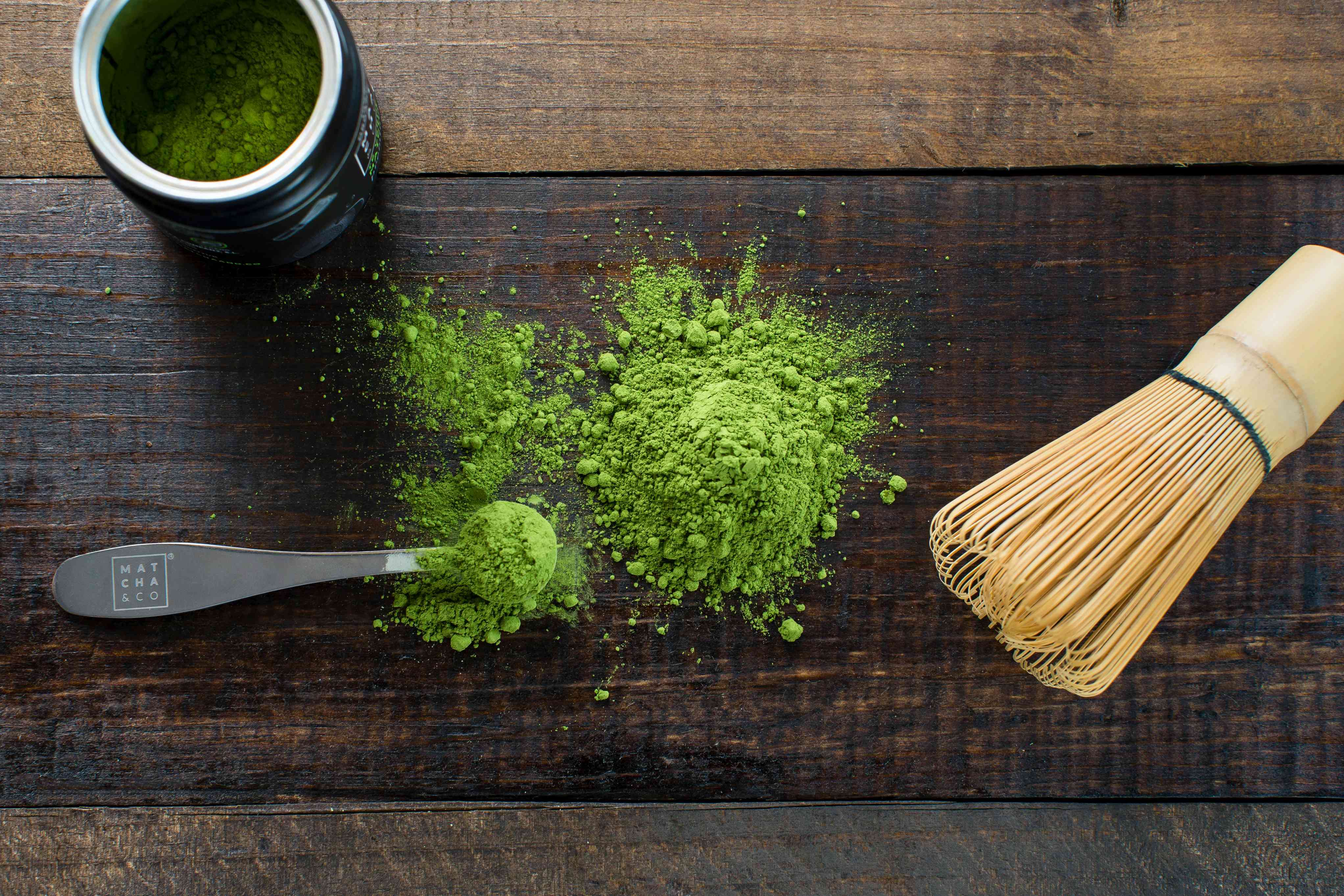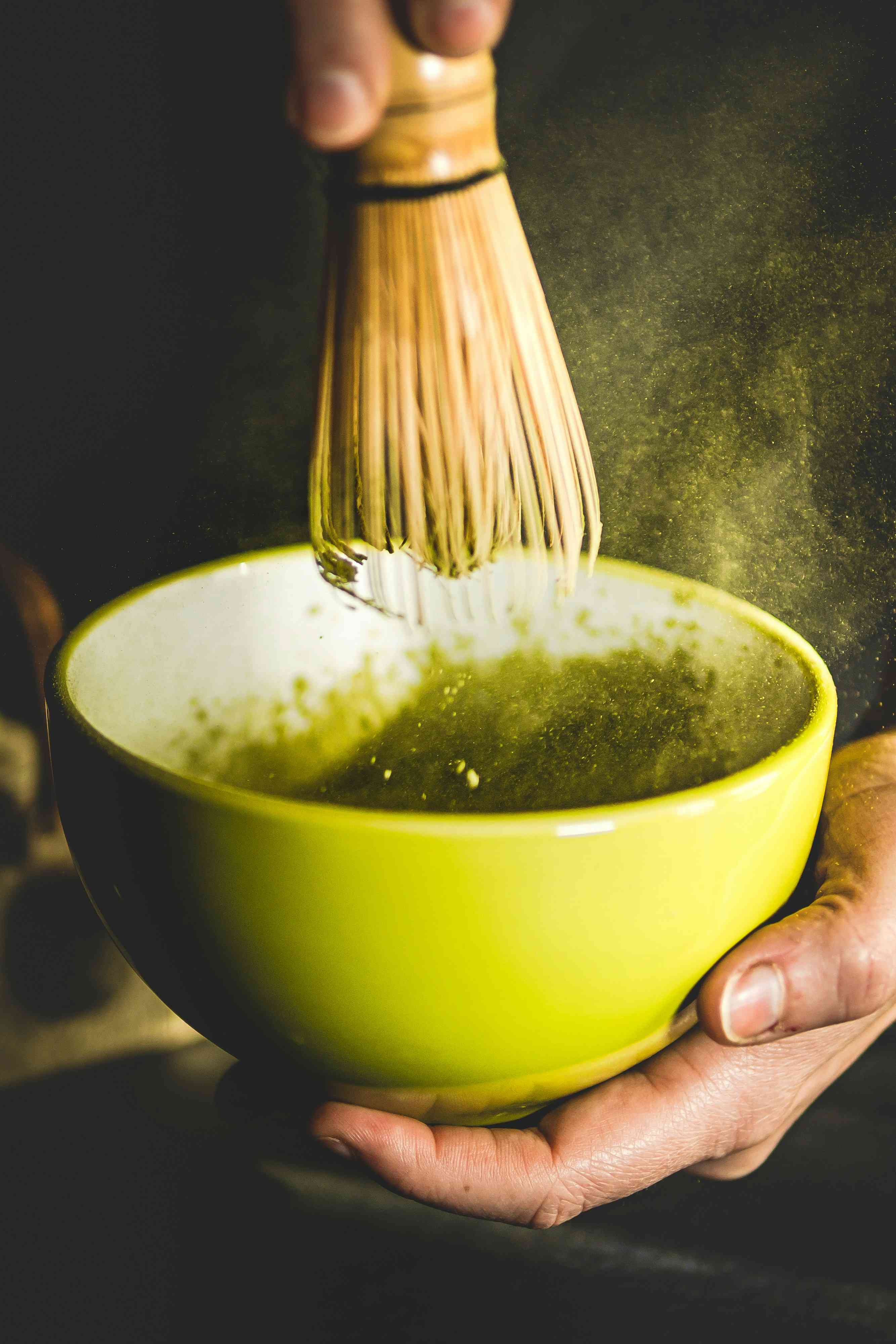
A woman's weekly ritual with matcha turned into a health scare after she landed in the hospital, Newsweek reported. Lynn Shazeen, 28, a nurse from Washington DC, said she began drinking matcha once a week after learning about its anti-inflammatory benefits. But within three months, she noticed troubling symptoms - fatigue, constant itchiness, and feeling unusually cold.
"I had increased fatigue, itchiness, and I was frequently cold," Shazeen told the outlet. On consulting a doctor and getting her blood tested, she discovered she was severely anaemic. Though she already had the condition, matcha had made it worse. "Despite rounds of iron infusions previously, I was prescribed iron pills with Vitamin C to this date," she added.
By July, her iron levels had dropped so significantly that she cut out matcha entirely and switched back to regular tea. "My energy levels are picking back up and the itchiness subsided immensely," she said. She documented her experience in a TikTok video that went viral, drawing over six million views and sparking conversations around the risks of trendy health drinks.
Matcha's Sudden Rise In Popularity
Matcha, a finely ground green tea powder from Japan, has seen a meteoric rise in global popularity over the past few years. It moved from being a ceremonial staple in Japan to cafés across the United States, Europe, and India.

Matcha is a finely ground green tea powder from Japan. Photo: Unsplash
The drink's appeal lies in its antioxidant-rich profile, calming caffeine release, and claims of boosting metabolism and focus. Social media has played a major role in this craze, with TikTok and Instagram flooding feeds with matcha latte recipes, beauty hacks, and wellness influencers swearing by it.
The boom in demand has created a supply shortage in Japan, this year, where most of the authentic, shade-grown matcha originates. In fact, farmers have reported struggling to keep up with orders, driving up prices internationally. What was once an artisanal product linked to tradition has now become a global lifestyle drink, marketed as a "superfood" for young, health-conscious consumers.
But while matcha does come with benefits, experts caution that it is not risk-free. Such risks are important to remember when cases like Lynn Shazeen occur.
What Experts Say About Matcha And Anaemia
Nidhi Nahata, Nutritionist, Lifestyle Coach and Founder, Justbe, Bengaluru says, "Matcha provides antioxidants and mental clarity, but excessive consumption disrupts the body's natural equilibrium. Its high caffeine concentration can cause restlessness, disturbed sleep, digestive issues, and even an accelerated heart rate. Moderation is crucial - a single serving of high-quality matcha is enough, but excessive daily consumption, often encouraged by marketing trends, can cause more harm than good."
She further adds that people with low iron levels should avoid matcha as catechins present in matcha act as a barrier and stop the body from absorbing non-heme iron from food. For individuals with anaemia, regular or mealtime consumption of matcha can make the condition worse.
"People who enjoy matcha can limit themselves to small amounts but should avoid combining it with iron-rich meals. But for anyone with low iron levels, the safest choice is to stay away from it entirely," she adds.

Matcha is not a one-size-fits-all solution. Photo: Unsplash
Amreen Sheikh, Chief Dietician, KIMS Hospitals, Thane agrees, and adds, "Matcha is rich in catechins like EGCG that support heart health, metabolism, and focus. But when consumed excessively - more than 3 to 4 cups daily - it can trigger insomnia, jitteriness, digestive discomfort, and even rapid heart rate. The concentrated antioxidants may also irritate the stomach, especially if taken on an empty stomach."
The iron absorption issue is another concern.
Green tea and matcha contain tannins that bind with plant-based iron, reducing its absorption. That's why anaemic individuals or those with low iron levels should be particularly careful. Drinking matcha between meals rather than alongside food can help, but if someone is already iron deficient, it's best to avoid it altogether.
Experts say, pregnant and breastfeeding women should also limit matcha, and people on medications like blood thinners should consult their doctor.
The Hot Tea
Matcha's story is not unlike other superfoods that get hyped up on social media. From avocado toast to chia seeds and kombucha, global wellness trends often oversell the benefits without accounting for individual health conditions.
While matcha has genuine benefits - antioxidants, gentle caffeine, and metabolism support - it is not a one-size-fits-all solution.
In Shazeen's case, her awareness of her health stats helped her catch the issue early. But not everyone tracks their iron levels closely. For someone already anaemic or with digestive sensitivities, adding matcha to a daily routine could silently worsen their condition.
As experts point out, the principle is simple: matcha can be beneficial, but only when consumed in the right amount and by the right people.
Track Latest News Live on NDTV.com and get news updates from India and around the world

